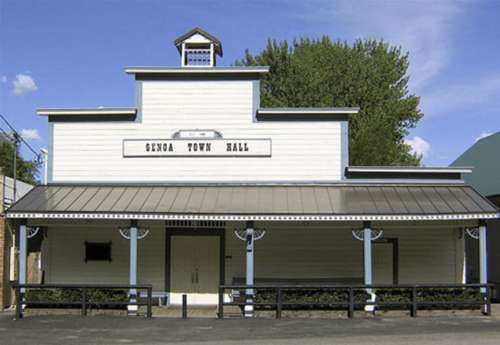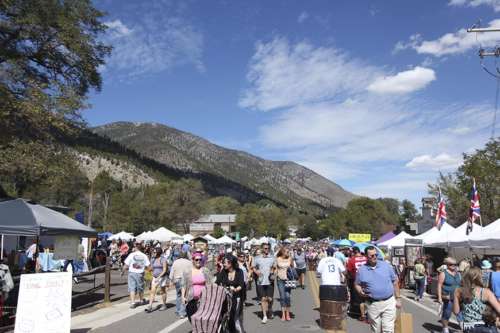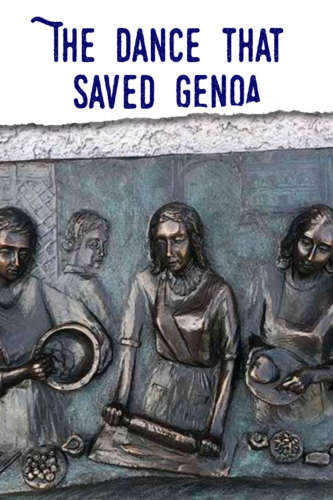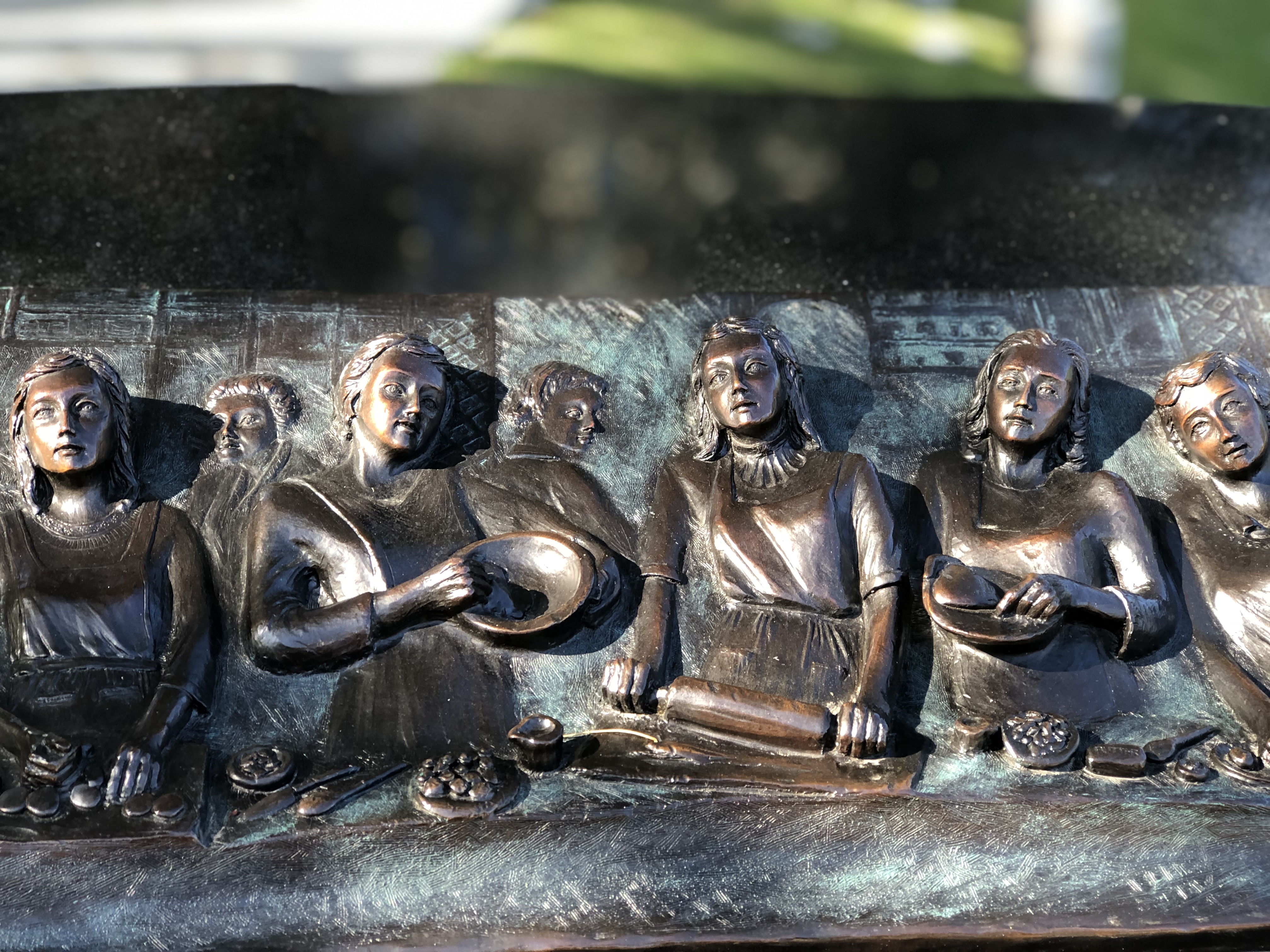Following World War I, while many towns across the nation were coming into the age of street lights, the residents of Genoa must have felt like they were left out in the dark. The small mountain town had no street lights to illuminate the unfettered night. To make matters worse, the economic health and future of the town were in jeopardy.
Even before the Great Fire of 1910, Genoans saw many businesses and families relocate to the nearby towns of Gardnerville and Minden. Afraid to meet the grim fate of other Carson Valley hamlets like Sheridan, Mottsville, and Waterloo, Genoa residents had to come up with a way to pay for the newfangled lights.
All sorts of ideas were tossed about. A bake sale, a dance, but nothing seemed perfect. Until Lillian Finnegan, a member of the suffragette movement and daughter of Judge Daniel Webster Virgin remembered a shipboard dance where candy, served on silver trays, was offered free to the guests. Lillian borrowed the idea from the cruise ship and together, with her aunt, Jane Raycraft Campbell, and the women of Genoa, they went about preparing for the event.
Held in the old Raycraft Hotel Dance Hall, guests were treated to homemade candy served on silver trays and midnight supper. Admission was $1.50. At the end of the event, most townspeople were surprised to learn that more than enough money was raised that year to pay for the lights.
The next year another dance was held and much more candy was sold. This time the money paid for the maintenance of not only the street lights but road repair as well. The Candy Dance has rolled-on every year since with one exception during World War II. But it wasn’t a lack of manpower that canceled the event, a shortage of sugar was to blame.
 Today, the Candy Dance still pays for a large part of the Town of Genoa’s annual budget, thanks to the tireless work of over 130 volunteers. Candy Dance Volunteer Coordinator, Alison Grey, spoke about the special connection Genoa has with its volunteers. “I think it’s the way the town developed. The town’s relationship with its volunteers goes way back to when it started.”
Today, the Candy Dance still pays for a large part of the Town of Genoa’s annual budget, thanks to the tireless work of over 130 volunteers. Candy Dance Volunteer Coordinator, Alison Grey, spoke about the special connection Genoa has with its volunteers. “I think it’s the way the town developed. The town’s relationship with its volunteers goes way back to when it started.”
Genoa resident and artist, Debrine Smedley, has plans to make the 100th anniversary Candy Dance one to remember. Over the last 2 years, Debrine has put countless hours into crafting a 7-foot bronze statue of Lillian Finnegan in honor of all the volunteers that have made the Candy Dance special during its 100 years.
“The intent is to honor all the volunteers, past, present, and future who make the Genoa Candy Dance a success and contribute to the community spirit of Genoa,” said Debrine.
Out of some 6,000 statues in the United States, roughly 400 depict women. The unveiling of Lillian’s statue would surely bring a smile to the suffragette’s face.




